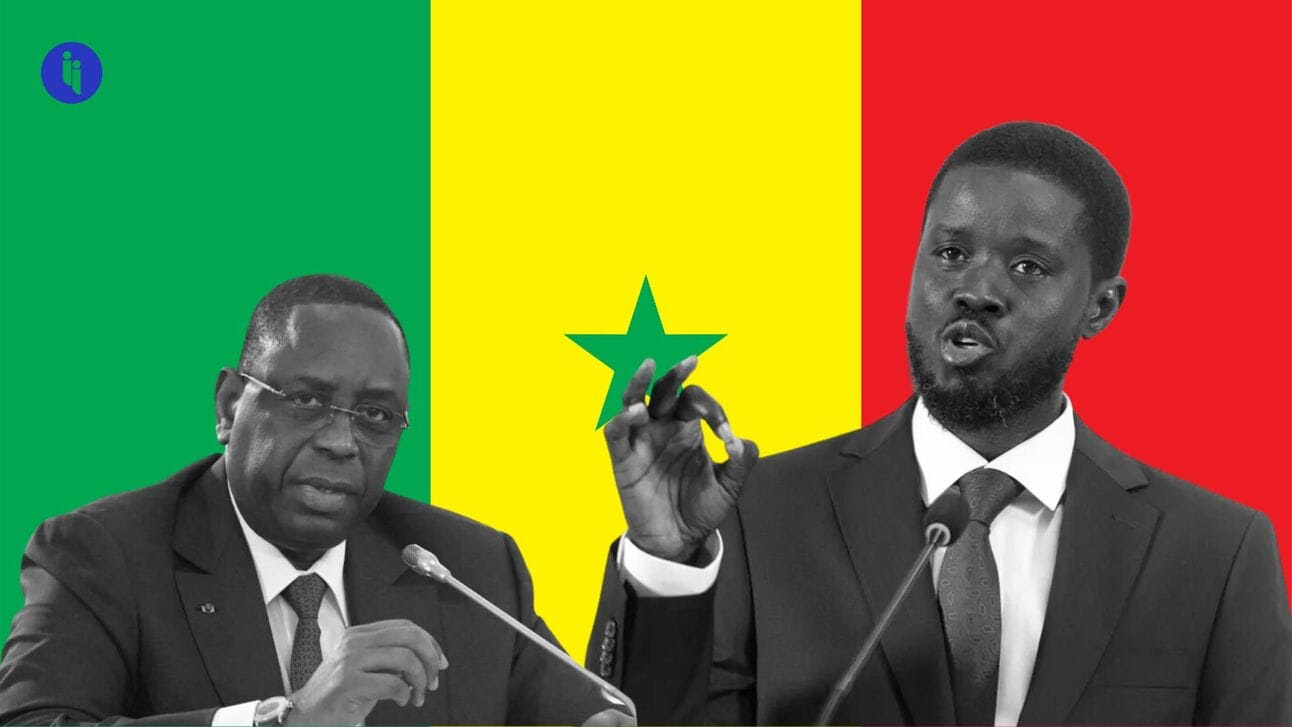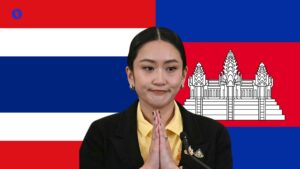The road to leadership is often long and bumpy, but for Senegal’s new president-elect Bassirou Diomaye Faye, that journey has been, well, short and bumpy.
The little-known tax inspector has won more than half of all votes in Sunday’s election, avoiding the need for a runoff. He was only released from prison two weeks ago, and became a candidate (while in prison) in November.
At 44, he’ll be Africa’s youngest current elected leader when he takes office next month. His supporters are already celebrating in the streets of Dakar.
Stay on top of your world from inside your inbox.
Subscribe for free today and receive way much more insights.
Trusted by 134,000+ subscribers
No spam. No noise. Unsubscribe any time.
Here’s how Faye pulled it off
Senegal’s most popular opposition figure is actually someone else – firebrand populist, Ousmane Sonko. Sonko came third in 2019, then rode a wave of youth discontent to prominence in a country where 60% of folks are aged under 25.
But after authorities jailed and disqualified him on charges he says were politically motivated, Sonko moved instead to nominate his friend, fellow ex-tax inspector, party chief, and now president-elect, Bassirou Faye.
This was all happening amid claims that President Macky Sall was trying to cling to power, culminating in more mass anti-government protests earlier this year.
Sall vowed not to run again, but the country’s top court eventually forced him to call Sunday’s delayed election and, in a conciliatory gesture, he moved to pardon hundreds of jailed protesters and opposition figures – including Bassirou Faye who, unlike Sonko, hadn’t been disqualified from political office.
Millions of frustrated but hopeful voters quickly united behind Faye, delivering a stunning, first-round victory over the ruling party’s candidate and 17 others.
So, what will a Faye presidency look like?
The world is still figuring out what Faye himself looks like: his life journey, including academic honours and union organising, suggests he’s clever and driven, while his public appearances project humble and bookish vibes.
After casting his vote on Sunday, Faye even ordered jubilant supporters to “calm down”, which might help explain why his friend Sonko said Faye was “not a choice from the heart, but from reason.” Worst endorsement ever?
And we’re also still learning about Faye because his campaign trail was so brief, addressing voters in person for the first time just days before the election. That feels less like a campaign trail and more like a campaign patio or something.
He’s been focussed on familiar challenges like corruption and unemployment. But he’s also spooked investors (who’ve helped drive recent strong growth), by calling for more control over Senegal’s new oil and gas sector, and proposing to ditch the region’s Euro-pegged currency (though he’s since walked this back).
Whichever course Faye charts, he’ll have to navigate the country’s IMF commitments, while learning on the job. But that can wait until next month.
For now, much of the country looks busy celebrating.
INTRIGUE’S TAKE
We’ll leave the fine people of Senegal to decide who they want in the presidential palace, but this election matters for the rest of us, too.
First, the narrative around Senegal has been one of ‘democratic decline’, but this result suggests the country’s institutions have passed another stress test.
And it’s not just faceless ‘institutions’ at work – people got us here, including Sonko’s decision to hand over his candidacy; Sall’s decision to pardon the prisoners; and various candidates’ decisions to quickly concede defeat. Democracy still comes down to people, and their decisions matter in a region that’s seen eight coups since 2020.
Second, many of the region’s current post-coup regimes have pivoted away from the West, seeking backing from more sympathetic, authoritarian powers. It’s still early days, but another democratic transition in Senegal will likely be a relief for France, which has one of its last regional bases there.
Third, Senegal’s recent instability has been one factor driving more irregular migration to Europe. If Faye can stabilise things and start addressing the root causes, folks will have more reasons to stay.
And finally, Faye is an avowed pan-Africanist – ie, he sees Africa’s future rooted in more collaboration across the continent. There’s already an African Continental Free Trade Area underway, and more regional governments are removing visa requirements for African nationals. It’ll be interesting to see what Faye brings to that momentum.
Also worth noting:
- Senegal became independent from France in 1960. Since then, it’s had three peaceful transitions of power (1980, 2000, and 2012). It’s had political crises, but not a coup.
- Faye has two wives (common in Senegal). He named one of his sons Ousmane after his friend and key mentor above, Ousmane Sonko.







